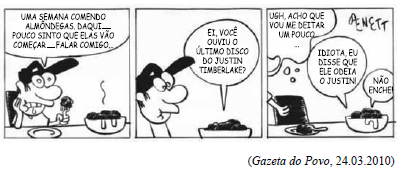Police and Human Rights – Manual for Police Training
How can respecting human rights help the police?
Respect for human rights by law enforcement agencies actually enhances the effectiveness of those agencies. Where human rights are systematically respected, police officers have developed professionalism in their approaches to solving and preventing crime and maintaining public order. In this sense, respect for human rights by police is, in addition to being a moral, legal and ethical imperative, also a practical requirement for law enforcement. When the police are seen to respect, uphold and defend human rights:
• Public confidence is built and community cooperation fostered.
• Legal prosecutions are successful in court.
• Police are seen as part of the community, performing a valuable social function.
• The fair administration of justice is served, and, consequently, confidence in the system.
• An example is set for respect for the law by others in the society.
• Police are able to be closer to the community, and, therefore, in a position to prevent and solve crimes through proactive policing.
• Support is elicited from the media, from the international community, and from higher authorities.
• A contribution is made to the peaceful resolution of conflicts and complaints.
An effective police service is one that serves as the first line of defense in the protection of human rights. Its members carry out their work in a way, which does not rely upon fear and raw power but, on the contrary, is based on regard for the law, honor, and professionalism.
What role does training play in protecting human rights?
The effective training of police in human rights is an essential element in the global efforts to promote and protect human rights in every country. In order to protect human rights, the police must first know and understand them. Furthermore, police officers must be familiar with the various international guidelines and bodies of principles – such as the Code of Conduct for law enforcement officials and the principles on the use of force and firearms – and be able to use them as tools in their everyday work. They must understand the fact that international human rights standards concerning their work were developed to provide invaluable guidance for the performance of their crucial functions in a democratic society. However, police officers in the line of duty should know not only what the rules are, but also how to do their job effectively within the confines of those rules.
Doesn’t concern for human rights hinder effective police work?
Most people have heard the argument that respect for human rights is somehow opposed to effective law enforcement. And effective law enforcement means to capture the criminal. And to secure his conviction, it is necessary to “bend the rules” a little. A tendency to use overwhelming force in controlling demonstrations, physical pressure to extract information from detainees, or excessive force to secure an arrest can be observed now and then. In this way of thinking, law enforcement is a war against crime, and human rights are merely obstacles thrown in the path of the police by lawyers and NGOs. In fact, violations of human rights ... police only make the already challenging task of law enforcement ... . When the law enforcer ___________ the lawbreaker, the result is an assault on human dignity, on the law itself and on all institutions of public authority.
(G. Kalajdziev, et al. www.humanrights.dk. Adaptado.)
